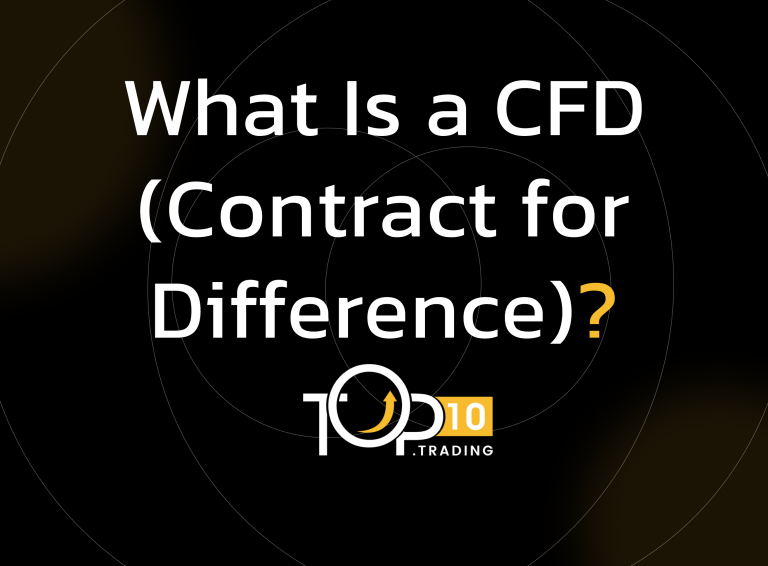CFD Definition

A Contract for Difference (CFD) is a financial derivative that allows traders to speculate on the price movements of an underlying asset without owning the asset itself. It is an agreement between a trader and a broker to exchange the difference in the value of a financial instrument between the time the contract is opened and when it is closed.
Key Takeaways
- A Contract for Difference (CFD) is a financial agreement to exchange the difference in price of an asset between opening and closing trades.
- CFDs enable speculation on price movements without owning the underlying asset.
- They offer leveraged trading, allowing greater exposure with less capital.
- CFDs provide flexibility to trade long or short positions across various markets.
- While offering opportunities, CFDs carry significant risks, including amplified losses and regulatory limitations.
How CFDs Work
When you open a CFD position, you agree to pay or receive the difference between the opening price and the closing price of the underlying asset. If the price moves in your favor, you make a profit; if it moves against you, you incur a loss. CFDs can be used to speculate on both rising (going long) and falling (going short) markets. For example, if you buy a CFD on a stock at $100 and later close the position at $110, the broker pays you the $10 difference per share. Conversely, if the price falls to $90, you pay the broker the $10 difference.
Key Features of CFDs
- No Ownership of Underlying Asset: Traders do not own the actual asset (stocks, commodities, forex, indices) but only trade on price changes.
- Leverage: CFDs allow trading on margin, meaning you only need to deposit a fraction of the total trade value, amplifying both potential gains and losses.
- Cash-Settled: Profits and losses are settled in cash without physical delivery of the asset.
- Flexible Trading: CFDs can be opened or closed at any time during market hours, with no fixed expiration dates.
- Access to Multiple Markets: CFDs cover a wide range of assets including stocks, indices, commodities, forex, and cryptocurrencies.
Advantages of CFD Trading
- Ability to profit from both rising and falling markets.
- Lower capital requirements due to leverage.
- No need to own or store physical assets.
- Access to global markets from a single trading platform.
- Flexibility to open and close positions quickly.
Risks and Disadvantages
- Leverage can magnify losses, potentially exceeding your initial investment.
- CFDs are often traded over-the-counter (OTC), which may involve counterparty risk.
- Spread costs and commissions can reduce profitability.
- Regulatory oversight varies by region; CFDs are prohibited for retail traders in the U.S.
- Margin calls may require additional funds if the market moves against your position.
- CFDs are advanced trading instruments best suited for experienced traders who understand the risks and mechanics of leveraged trading. They provide a versatile way to access global financial markets and capitalize on price fluctuations without the need for physical ownership.
